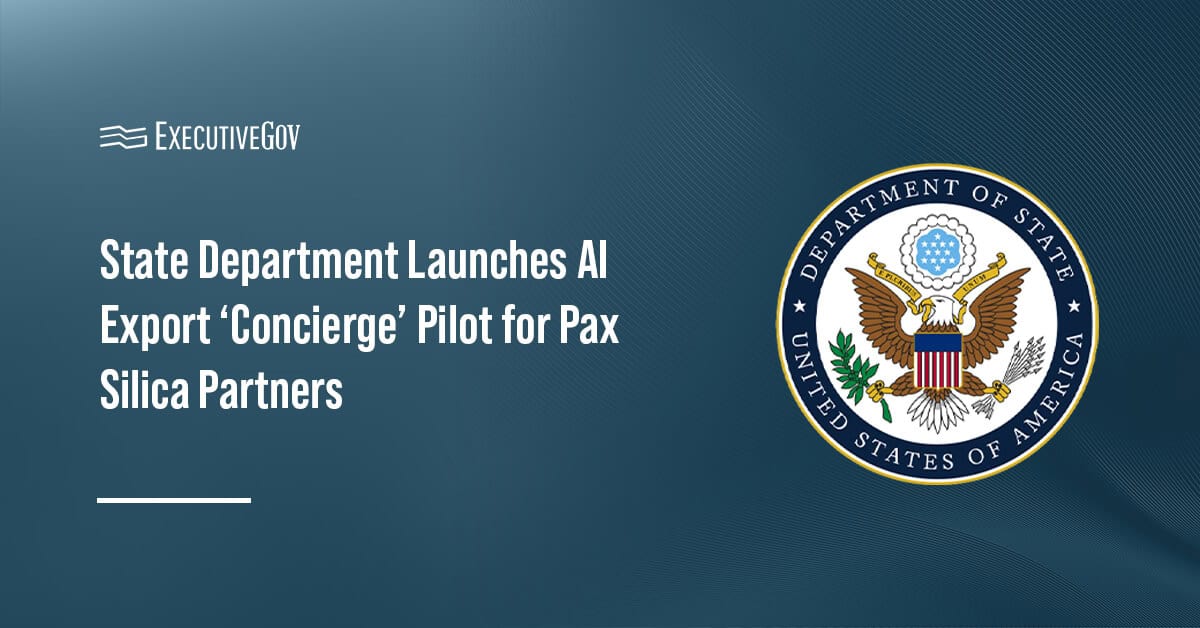Jennifer Edgin, assistant deputy commandant for information at the U.S. Marine Corps, said the service is using a specific blueprint to guide the development of an information environment, C4ISRnet reported Thursday.
The Marine Corps’ 2019 information environment blueprint serves as a business model embodying the policies, design and services essential to USMC’s information capabilities.
“The future state of warfare requires the Marine Corps to think differently, encourage innovation and embrace new business models for change that focus on enhancing the access, capabilities and user experience throughout the information environment,” Edgin told C4ISRnet at the virtual Modern Day Marine event.
USMC issued the blueprint in March 2019 to provide guidance across the areas of cloud transition, digital transformation, information dominance, standardization and governance.





